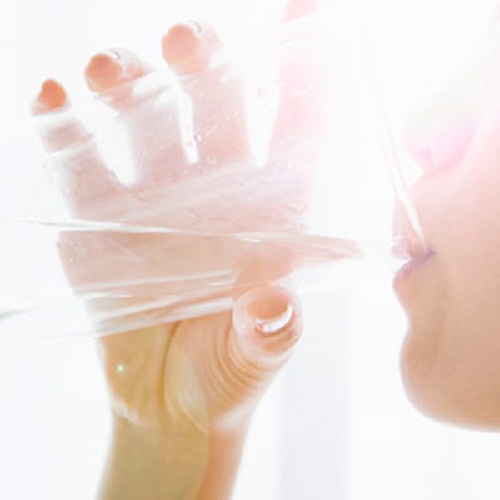
The factories in question have been told to improve the standard of their operations. However, some of them are illegally selling water before completing the necessary improvements and inviting the authorities to check and approve their production.
Health officials are very concerned about substandard drinking water in the capital, fearing that water distributed by substandard factories could affect the health of people both in the short and long term.
Savengvong Douangsavanth, director General of the Bureau of Food and Drug Inspection under the ministry of health, told Vientiane Times yesterday that authorities have warned the substandard factories to improve themselves before the Food and Drug Department can register their products.
In principle, the industry and commerce sector has the responsibility of approving a drinking water production facility. Once it is completed, the factory owner needs to ask for a letter of approval from the Food and Drug Department before distributing their product.
But many businesspeople have ignored this requirement as they don't want to lose profit while struggling to meet the standards required.
In 2009, health officials closed down 18 drinking water plants after their products were found to be substandard in laboratory tests before the 25th SEA Games in Vientiane.
Five months ago, the authorities closed down a drinking water plant in Chanthabouly district in Vientiane due to their failure to follow standards required by authorities, after having been warned not to repeat their mistakes.
The law enforcement sector needs to work harder to ensure wrongdoers face legal action for breaking the law and affecting the health of other people.
Many drinking water plants tried not to follow the standard requirements so they could reduce production costs and earn extra profit from the business.
Currently, there are 150 drinking water plants in Vientiane, of which over 90 are reported substandard and have yet to be registered by the Food and Drug Department.
Critics say it is important to publish the names of both standard and substandard plants in the media so that the public know exactly which plants they should buy water from and which plants they should not.
Media publicising would encourage the business sector to strictly follow the law and standard requirements for the good health of all people in Laos.
Meanwhile, health officials urged local residents to boil water to drink to avoid health problems which may result from buying by water from substandard plants.-Asia News Network (August 22, 2012)

No comments:
Post a Comment